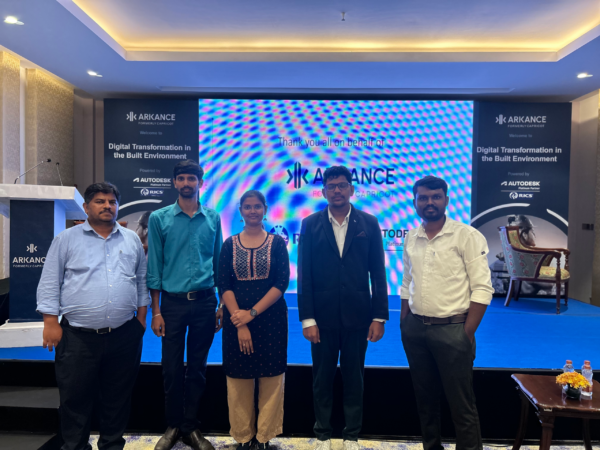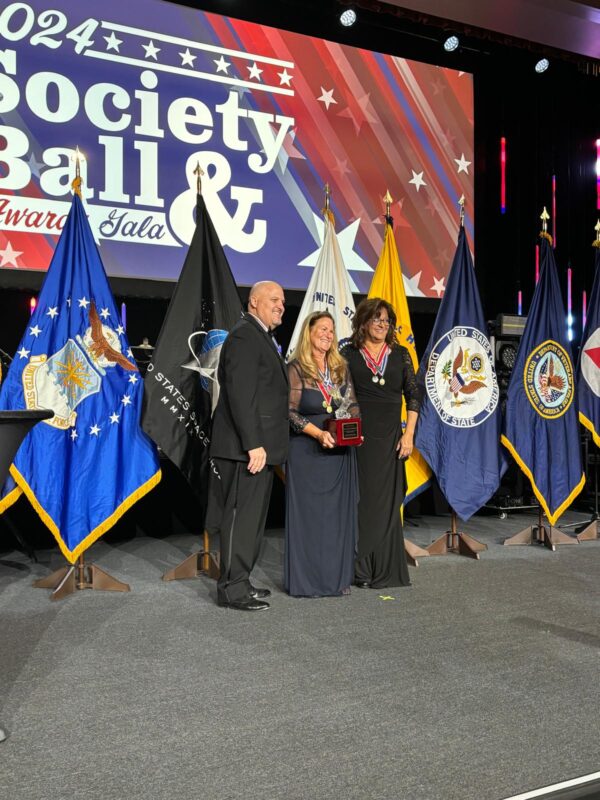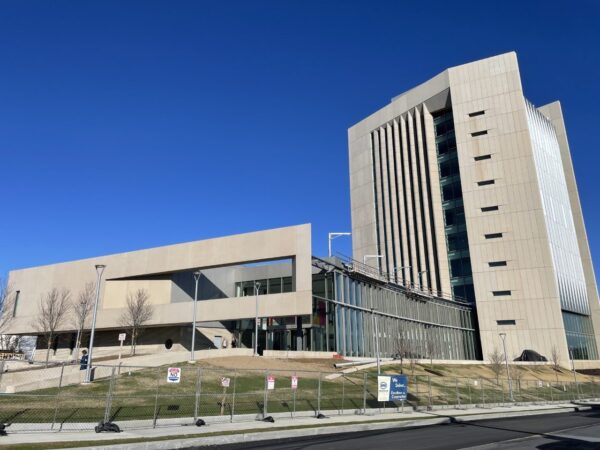
July 15, 2024 | Articles
Construction’s Digital Transformation & The Tools of Modern Project Management

Hill International’s success managing the renovation and redevelopment of iconic hotels globally, is set to get an even bigger and wider geographical footprint as work is now underway on the Raffles Hotel in Singapore. Hill was recently awarded a contract by Beach Road Hotel (1886) Ltd. to provide project and construction management consultancy services for restoration of the historic hotel, which has stood the test of time since it was first built in 1887 and subsequently witnessed several historical and memorable events including during World War II when the invading Japanese renamed the iconic building ‘Syonan Ryokan’ (Light of the South) after occupying Singapore in 1942. History books record that, on the night of August 22, 1945, Japanese officers held a farewell sake (Japanese alcoholic drink) party in one of the hotel’s lounges before committing suicide en masse after they received orders to surrender.
“The Raffles Hotel is one of the most heritage-laden properties in Southeast Asia and there are so many memories associated with it,” commented Abdo Kardous, Senior Vice President and Managing Director of Hill International for Asia-Pacific. “For every part of the hotel, one can write a book about the heads of state who were hosted there and the movies that were made in that colonial-style luxury property.” Raffles was the location for movies that included Ryu Murakami’s novel and film adaptation, Raffles Hotel; a Japanese movie titled The Medal of Honor for the Rising Sun TV, BBC’s Tenko; as well as the Bring ‘Em Back Alive movie.
Declared a national monument by the Singapore government in 1987, the 103-suite hotel is now embarking on a restoration program that will be carried out in three phases, Kardous said. “We have already started the first phase of restoration works which includes the Long Bar, Long Bar Steakhouse, Raffles Courtyard, Ah Teng’s Bakery, as well as the retail arcade and banquet facilities.” Phase Two will commence in the middle of August 2017 and will involve restoration works on some of the hotel suites, while Phase Three will start at the end of 2017 with the hotel fully closed. “A grand opening is planned for mid-2018,” he noted, adding that one area of special attention will be to ensure that the hotel retains the charm and allure that has drawn people there since it was built.
Since the doors to the Raffles Hotel Singapore first opened in 1887, the luxury five-star hotel has become an icon that epitomizes the romance of Southeast Asia —an intoxicating blend of luxury, history and colonial design, Kardous said, adding that the facility is located in the heart of the business and civic district, with Raffles serving as a veritable oasis in the city. Its classic colonial architecture has been perfectly preserved and provides a stark but lively contrast to its modern skyscraper neighbors, he said. Since the hotel was built, Singapore has emerged as a major tourist and travel destination in Southeast Asia that competes head-on with Hong Kong. “This restoration project will help ensure that Raffles Singapore stays relevant and distinct by keeping up with current hospitality standards,” Kardous said. The project will be led by Aedas Singapore, a leading global architecture and design firm that was behind similar restoration projects including the London Coliseum and the revitalised Mallory Street/Burrows Street in Wan Chai, Hong Kong, according to information posted on the Raffles Hotel website. Project interiors will be handled by award-winning designer Alexandra Champalimaud, who has worked on many high-profile luxury hotels around the world including New York’s The Plaza, Hotel Bel-Air in Los Angeles, The Dorchester in London and the Waldorf Astoria in New York, it added.
Current work status, challenges
For its part, Hill International will have up to eight staff members on the project, with work already begun for supervision of detailed engineering works, materials procurement and related aspects. Under the first phase of work, although notices have been served to retail occupants to vacate the premises before dismantling work can proceed, the client has specified that there should be minimal disruption to the day-to-day running of the hotel, Kardous said. “The client is eager to maintain business as usual and not lose their traditional customers, while also continuing to generate revenue. With the exception of the third phase of renovation work, the hotel will not be completely shut down,” he said. The phased-manner of renovation work – in line with the client’s desire – will pose a challenge that Hill is ready to meet, Kardous said. “With part of the hotel being operational, we will need to give special focus to noise reduction and safety. There will also be restricted space for maneuvering and storage,” he said. A further challenge that Hill will deal with is the permitting process. With Raffles being a national monument, any renovation or redevelopment work that changes the hotel’s façade, will not be permitted, Kardous said. Finally, the tight schedule of nearly 16 months will mean that all deadlines will need to be strictly met so that the renovated hotel can be handed over to the client on time by mid-2018. The contractor is already on site and no efforts will be spared to complete the project on schedule, Kardous said.
With successful project completion, the Raffles Hotel contract will catapult Hill International into a position of strength in Southeast Asia’s travel, tourism and hospitality sector. “Hill’s visibility and exposure in Singapore, Malaysia and Indonesia is limited. But when they learn about our role in the renovation of the Raffles Hotel, doors will open up. Not only will it create traction in the hospitality sector, but also create greater awareness of the company to pursue projects in other sectors such as infrastructure,” Kardous said. His statements came at a time when the World Tourism and Travel Council said in its latest report that some $96 billion will be invested by 2025 in the sector. “The hospitality sector will grow over the years in Asia given its sheer size and geographical locations that offer beaches, forests and natural beauty. Tourism is a great potential in the [Asia] region and that will require the need for several more hotels to be built,” he said. Yet another benefit for Hill International will be its association with Katara Hospitality – a holding company for Beach Road Hotel Ltd – that owns several hotels in Europe, Africa, Middle East and Asia. “Our success on the Raffles Hotel project will give us the opportunity to expand that relationship as well,” Kardous said.
“Raffles Hotel Singapore has always evolved to stay distinctive and relevant, moving with the times and adapting to the changing needs of today’s traveller. We have a rich and colourful history and are about to begin a new chapter in our ongoing story,” Diana Banks, Vice President, Raffles Brand, Raffles Hotels and Resorts, said in a statement posted on the hotel’s website. With recent success stories of renovating iconic hotels such as the Nile Ritz Carlton and Steigenberger hotels in Cairo, Egypt, and also another Steigenberger property in Germany, the Raffles Singapore contract will provide Hill International an opportunity to be a part of that new chapter in an ongoing story.
Share

July 15, 2024 | Articles
Construction’s Digital Transformation & The Tools of Modern Project Management

July 10, 2024 | Articles
GC/CM at Post Falls: Managing Avista’s North Channel Dam Rehabilitation Project

June 23, 2024 | Articles
Irv Richter – An Innovator, A Pioneer, A Leader (1944 – 2024)

June 14, 2024 | Articles
Environment of Care Standards – Meeting the Challenge (Part Two)

June 13, 2024 | Articles
PMO for Public Transit Project Success: The Reopening of Philadelphia’s Franklin Square Station

June 7, 2024 | Articles

May 17, 2024 | Articles
Hill Interim Federal Market Sector Leader Jane Penny Receives Golden Eagle Award

April 11, 2024 | Articles
A Model Move: Managing Move-In at the Sylvia H. Rambo U.S. Courthouse